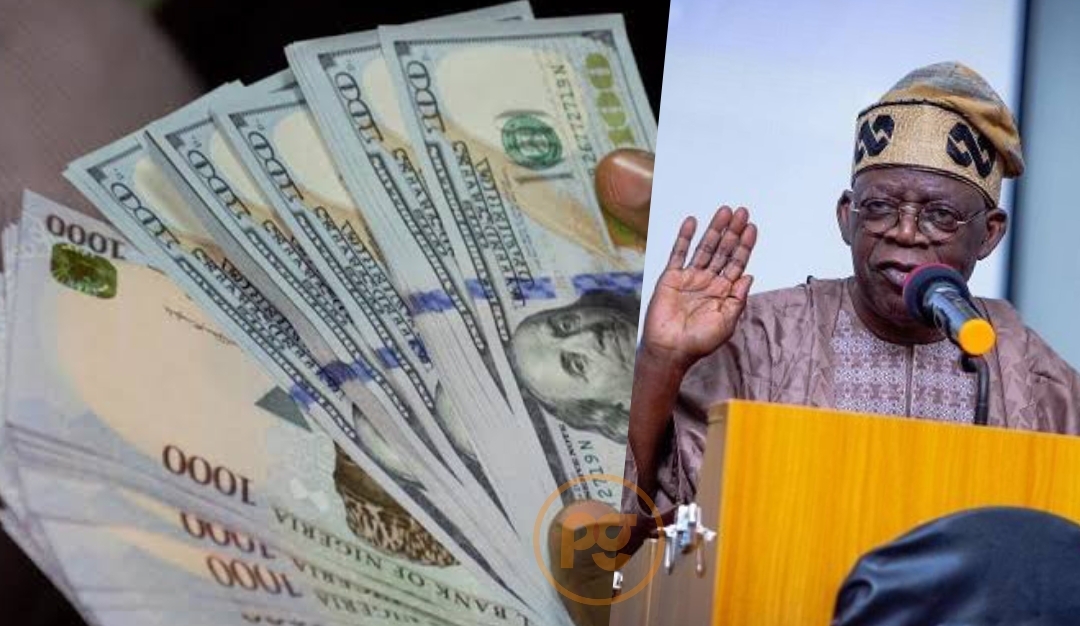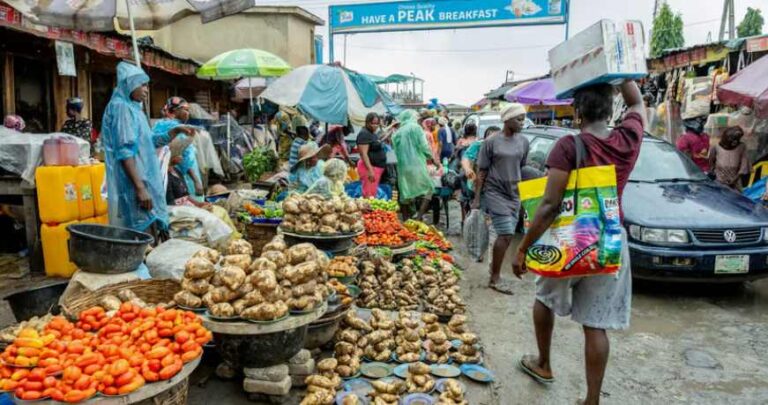Under Tinubu’s administration, Nigeria’s economy and security have plummeted into unprecedented chaos. The staggering increase in the nation’s debt profile, combined with a collapsing naira and rampant insecurity, points to a deliberate and dangerous path to the nation’s collapse. Despite the flimsy excuses offered by Tinubu’s media aides, Dada Olusegun and Bayo Onanuga, it is evident that these justifications are mere smokescreens for a failing and reckless economic strategy.
A Surge in Debt: ₦24 Trillion in Three Months
Under Tinubu’s watch, Nigeria’s debt soared by an unprecedented ₦24 trillion in just three months, catapulting the total debt to a debilitating ₦121 trillion. This sharp increase which is claimed to be attributed to the naira’s collapse, is an economic catastrophe brought about by Tinubu’s decision to float the currency. The naira plummeted from about ₦800 to nearly ₦2,000 to a dollar at one point, wreaking havoc on the economy and burdening the nation with unsustainable debt levels. Olusegun’s claim that this debt increase is due to naira depreciation and high exchange rates is a weak and unacceptable excuse. The reality is that such depreciation results directly from the president’s misguided policies, not external forces.
Flawed Justifications: Olusegun and Onanuga’s Excuses
The argument that external debt, when converted to naira, shows a reduction in dollar terms is a blatant obfuscation of the truth. It does nothing to alleviate the crushing debt burden on Nigeria’s citizens, who are suffering from skyrocketing inflation and deteriorating living conditions. Moreover, Onanuga’s attempt to deflect blame onto Binance and other cryptocurrency operators for the naira’s collapse is laughable and unfounded. The president’s aides are scrambling to find scapegoats for the administration’s catastrophic economic mismanagement.
Insecurity Crisis: Tinubu’s Deliberate Inaction
Furthermore, Tinubu’s administration has failed miserably to address the rampant insecurity plaguing the country. The governor of Zamfara State, Dauda Lawal, has exposed the federal government’s reluctance to effectively combat banditry and insurgency. Lawal’s claims that the military is hamstrung by a lack of political will and specific, counterproductive instructions highlight a deliberate indifference to the security crisis. This negligence not only endangers lives but also cripples the agricultural sector, leading to high inflation and exacerbating the country’s economic woes.
Bandits and Terrorists: Tinubu’s Dangerous Policy of Release
Tinubu’s administration is notorious for its alarming policy of releasing captured bandits and terrorists, as detailed by Governor Lawal. These individuals, responsible for heinous crimes including community massacres and rapes, are often released and even recruited into the Nigerian military. This practice ensures that the military is populated by former criminals who are reluctant to combat their erstwhile comrades, thereby perpetuating the cycle of violence and insecurity.
Economic Impact: Insecurity and Inflation
The pattern is clear: Tinubu is aware of the dire consequences of his inaction on insecurity. The persistent violence prevents farmers from producing, contributing to food shortages and soaring prices. This economic strangulation is compounded by his relentless borrowing, which burdens future generations with insurmountable debt. The president’s actions—or rather, his deliberate inactions—demonstrate a chilling complicity in Nigeria’s collapse.
A Historical Comparison: Nine Years of APC Mismanagement
It is also imperative to compare Tinubu’s tenure with that of previous administrations. Under the All Progressive Congress (APC) over the past nine years, Nigeria’s debt ballooned from ₦12 trillion in 2015 to N121 trillion today. This period has seen a dramatic increase in poverty, with over 197 million Nigerians now living in poverty, compared to 76 million in 2015. Insecurity has also escalated from being a regional issue to a nationwide crisis, with the northwest now a hotspot for violence.
Lessons from the Past: Obasanjo’s Prudent Economic Management
In stark contrast, during President Olusegun Obasanjo’s tenure, despite inheriting a comatose economy, he managed to pay off a $32 billion external debt and build substantial foreign reserves. Obasanjo’s administration focused on curbing leakages and ensuring that borrowed funds were used productively, resulting in significant economic growth and stability. The current administration’s failure to emulate such prudent economic management underscores its incompetence and recklessness.
Conclusion: The Path to Nationwide Collapse
The dire state of Nigeria’s economy and security under Tinubu is not a mere consequence of external factors but a result of deliberate policy choices. His administration’s continued borrowing spree, refusal to tackle insecurity, and failure to stabilize the naira are pushing Nigeria towards the brink of collapse. The excuses offered by his aides are nothing more than desperate attempts to mask an underlying agenda: the systematic dismantling of Nigeria’s economic and social fabric.
A Call to Action: Demand Accountability
Tinubu’s actions—or deliberate inactions—are steering Nigeria towards an inevitable disaster. His administration’s reckless borrowing, coupled with a blatant disregard for the nation’s security challenges, highlights a perilous path that threatens the very foundation of the country.




